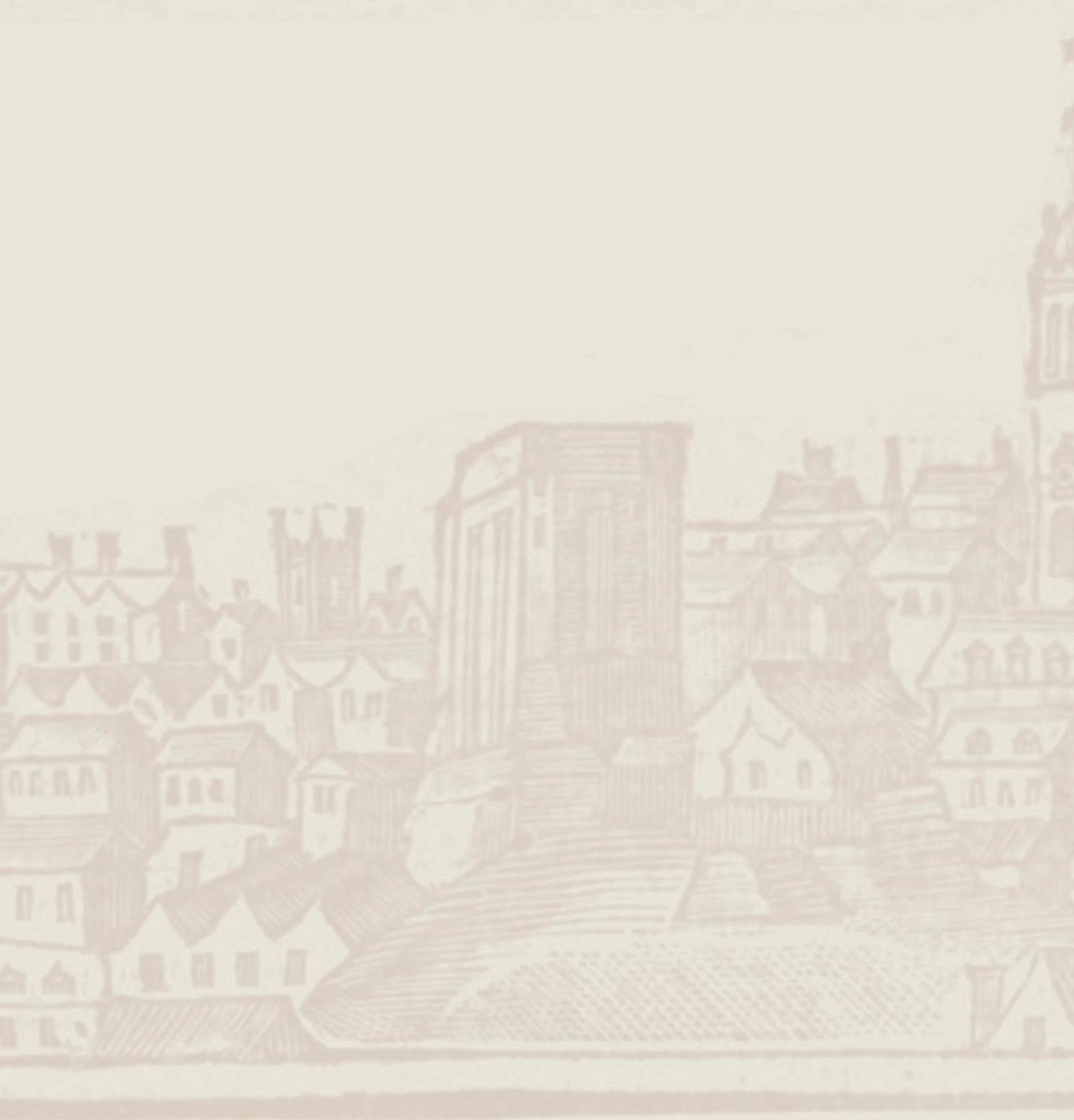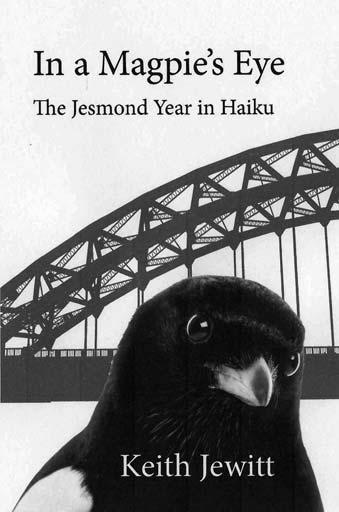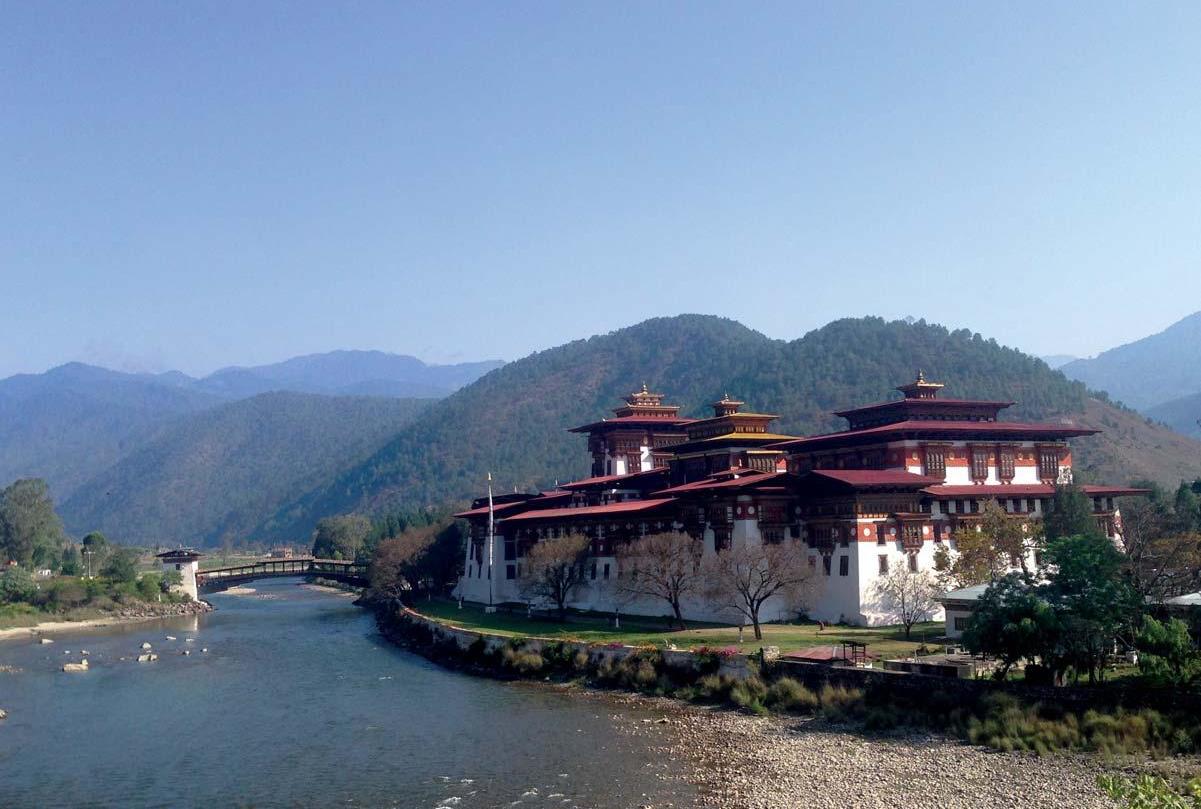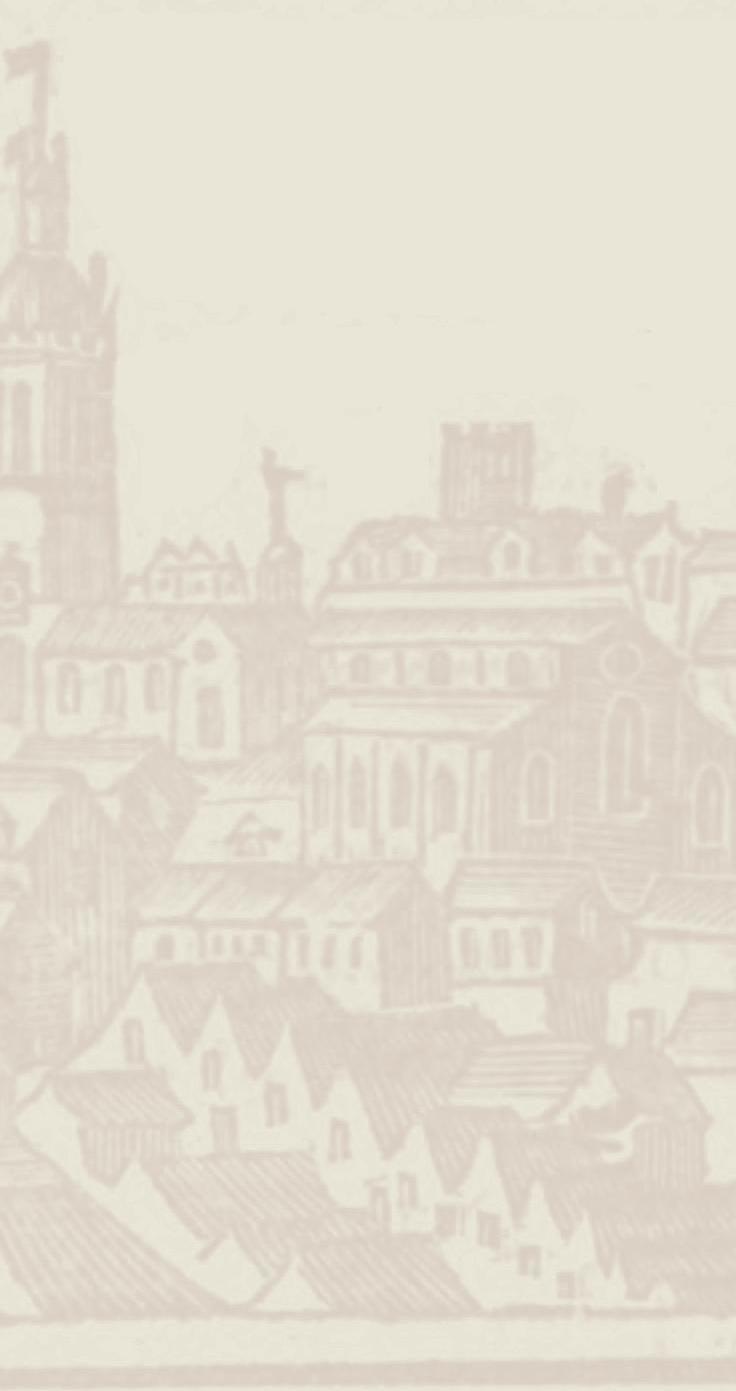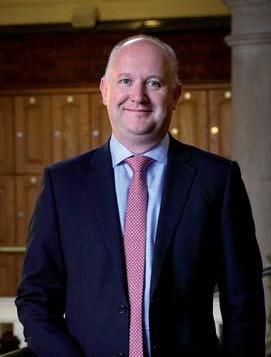
8 minute read
ONA Now and Then
from ONA 101
It is with real pleasure that I welcome you to your 101st and my first issue of the ONA Magazine. I hope that this is the first of very many and I am delighted to be continuing a tradition of some 40 years standing. Having already met many ONs I look forward over the coming years to meeting many more of you and this is also an ideal way to keep in touch with so many more.
My welcome, as you would hope and expect, has been incredibly warm and friendly. I find the school in good heart and there is a real vibrancy amongst the community at large. The sheer range of endeavour is also reflected by the ONs in this magazine. It is fantastic to see news of events from athletics to pharmaceuticals, and not in a way all too often connected in the press!
Advertisement
One of my first, and perhaps most daunting tasks, was to address the ONA Dinner here at school. Everyone was full of warnings and rather less advice, so it would have been very helpful to have read Bryan Stevens’ (44-49) piece on ONA Dinners in the Olden Days. That we continue the tradition of holding it at school is at least one thing that hopefully meets with approval. I would also hope that I avoided any contentious issues on the quality of catering and we may even have heard a memorable speech. Though that belonged to Rex Winter(68-78) rather than the new Headmaster. Being only half a term in, I did manage to avoid making any claims of greatness for the school under my stewardship. That can wait for next year. This would seem to be an appropriate time to pay tribute and offer my thanks to my predecessors, not least Dr Bernard Trafford(08-17).
The rare meeting of four headmasters took place earlier this term when I met with Dr Trafford, James Miller(94-08) and Alistair Cox(72-94), but sadly it was at the funeral of the much missed former member of staff Howard Baker(77-12). It is always sad to hear of the passing of ONs, but as we read the obituaries in this edition it is striking to see just what they achieved in their lives and what an inspiration that can be. I was very aware of the number who were former scholars, or in modern terms bursary boys. The great work of the Bursary Campaign in recent years is to be thanked for helping many boys and girls have such wonderful opportunities here at the RGS and I very much look forward to working closely with it to extend those opportunities and ensure that we remain the proper servant of the City and North East at large.
The importance of service and a place in the community is central to the ethos of the school and the more the wider world understands what a welcoming and supportive place the RGS is, the better. I was, therefore, particularly interested in reading David Peberdy’s (99-09) article on his time volunteering in the ‘Land of the Thunder Dragon’ and would echo his encouragement to volunteer. We are trying to do this in school as well, with more students volunteering both locally and abroad not least through the DofE and World Challenge. I particularly like the idea of Gross Domestic Happiness, and in a world where we hear so much of the pressures on well-being and mental health, it is no bad thing to continue to think properly about the individual.
Any school must be about the people. Nurturing and developing all of those who belong to the community is a central task of the RGS and so it is truly inspiring to read of the work of ONs and then take this idea out into the world. I found the article by Marjorie Whinfield (03-05) truly inspiring, although must confess to an ignorance on Applied Behaviour Analysis before reading it. To enjoy a job so much and be able to remember and see the fun in it, despite what must also be some difficult situations and times, is so important and reminds me of why I teach as well. The staff here are an incredibly hard-working and dedicated team and it is notable how many references are made to former colleagues and their importance in inspiring and acting as role-models. As I said, we forget the people and individuals at our peril.
Inevitably when taking over at the helm of a great school like the RGS there is much mystery and folklore to try and understand. Thankfully, unlike Henry Bourne (unknown-1709) in Alan Castree’s (5361) article my work has not, so far, been conducted “amid malice, ill-nature, unpleasantness and disappointment”! Despite overseeing the demolition of the old swimming pool this summer, and hearing of many tales surrounding it, not least at the ONA Dinner, I’m sure everyone is excited at the new building development. We are currently working with the architects and the Governors and I hope to be able to share more details with you all soon. One important aspect of any new venture is to think about how it links to our past, so you will be pleased to hear that the stained glass windows have been carefully preserved and will be incorporated into the new design.
We all know that in looking to the future we must also remember the past. And as I look ahead I am ever-mindful of the longevity of the school and its roots in the people, City and wider North East community. Over the coming months and years, I very much look forward to working with you all.
John Fern Headmaster
ONA Now and Then
ONA Dinners in the Olden Days

Your recent report on an ONA Dinner (see Issue 98) made me cast my mind back to the dinners of previous years. My first was in 1950 at the old Turk’s Head Hotel in Grey Street. The dinners, until the late 50s, were always held in local hotels, until Mr Mitchell (48-60) was persuaded to have them at the school.
Our thanks to Burland Jacob (44-49) who donated his 30th Annual Dinner programme.
However, when Mr Haden (60-72) arrived in 1960 and was asked to keep up the custom, his response was, “Out of the question”. So, for the next few years it was back to the hotels, until Mr Cox (72-94) saw the rightness of staging the dinners at the school once more, for which we should all be grateful to him, not least because the school’s catering, in my opinion, surpasses that of any of the local hoteliers.
Dress has always been formal, although when I was President, about 1970, an experiment was made with lounge suits, in response to mutterings over the years, but the move was deemed a failure and discontinued.
The custom until the late 60s was to invite the Lord Mayor or his deputy. The President and the secretary of the London ONA always attended, and reciprocated by inviting the Newcastle President and secretary to their own dinner, which was usually held on the eve of one of the international matches at Twickenham, so a host of enthusiasts from the Old Novos would travel down as well.
One of the local papers would always send a reporter and photographer to cover our dinner (though I don’t think we actually fed them).
There would be a toast to the City and County of Newcastle upon Tyne, responded to by the Lord Mayor, responded to by the Headmaster, and a toast to the ONA, responded to by the President. Few of the speeches were memorable.
It was often clear that the Lord Mayor didn’t owe his position to any oratorical powers, whilst the effort of the proposal of the toast to the school, usually a prominent ON, varied wildly in quality. The Headmaster could be relied upon to imply that under his leadership the school had reached peaks of attainment hitherto undreamed of. The custom of the President, “Taking wine” with successive generations of those present was well established. In the 50s the first group would be, “Those who were at the school before 1900”, and until later in that decade quite a few would raise a glass. In 1950, the senior would be the Rev. Prebendary and Professor HM Sanders (1877-87), who had travelled from London. The post-prandial toast was provided by William CochranCarr (1879-80), a mining engineer and colliery owner, and President of the ONA, 1936-39. He kept up this generous practice until his death in 1955, but sadly his example has not been followed.
At that 1950 dinner a presentation was given by Lionel Markham (1901-08), a Governor of the school, in order to raise funds for the transfer of the stained glass window dated 1869, from the old school at Rye Hill, to its present site, though this didn’t happen until many years later.
Retiring masters used to be honoured at the end of the dinner rather than beforehand, and if they replied at length the proceedings could be considerably protracted. In the days of hotels, the bar would close at 11pm, far too early for some of us. The law was that you could drink for as long as you liked, provided that you had bought your supplies before 11pm. So that is what we did, laying in crates of beer and bottles of whisky. Until the nanny state enacted that there would now be a period of 10 minutes after the permitted hours, known as ‘drinking up time’, no subsequent drinking to be permitted.
The government of the day hadn’t said anything about this in their election manifesto, the swine.

